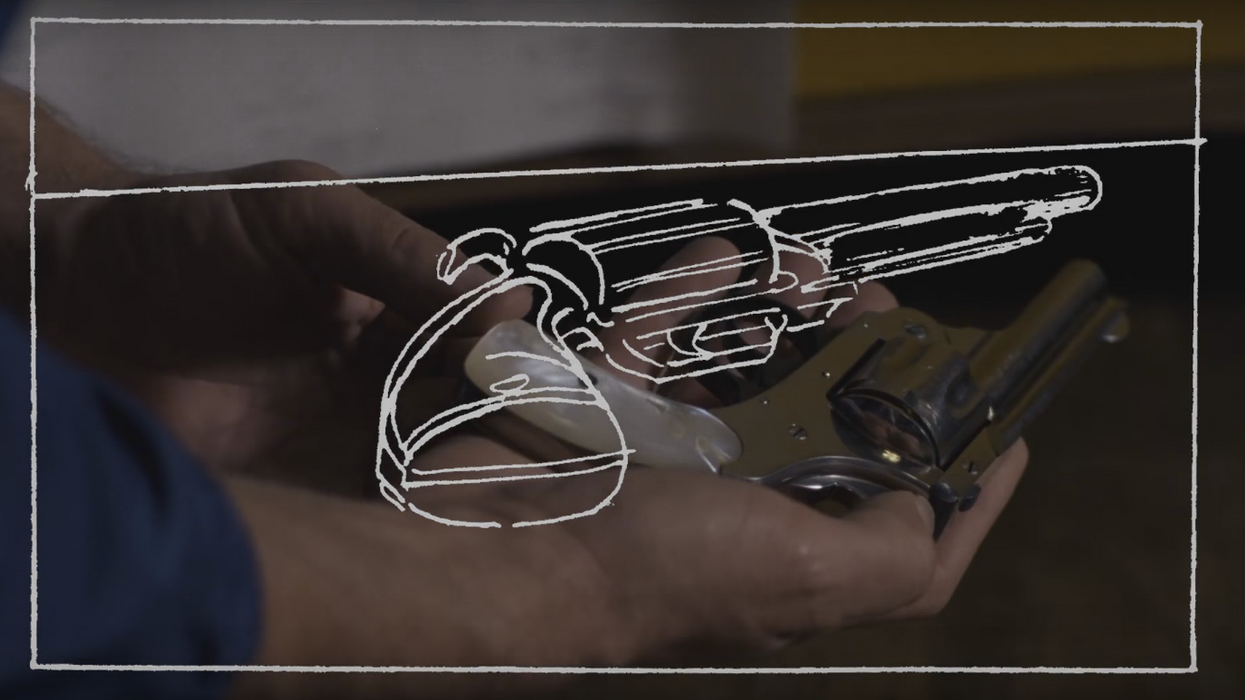See How the Coen Brothers Storyboarded Their First Feature Film 'Blood Simple'
In the case of the Coen Brother's 1984 neo-noir Blood Simple, elaborate storyboarding led to very precise filmmaking.

Joel and Ethan Coen have made some of the most beautiful, well-made films of our time, and just like cinematic master Alfred Hitchcock, they storyboard everything. Storyboards don't just give you a sense of how the mise-en-scène will take shape on paper, but it allows you to be much more prepared once you arrive on set.
In celebration of Blood Simple's inauguration into the Criterion Collection, photographer Grant Delin created this helpful video essay that compares the Coen's storyboards to the actual shots in the film and includes commentary from the dynamic directing duo, as well as DP Barry Sonnenfeld and actor and frequent Coen collaborator Frances McDormand.
This video provides a great inside look at the creative process of two of indie film's most precious directors. Their work is so unique that many fans and students of film will find this bit of knowledge priceless in terms of learning more about how the Coen's go about building a story from the ground up. It's also interesting that despite their idiosyncratic style, they have a very disciplined approach to preproduction.
Source: Criterion











